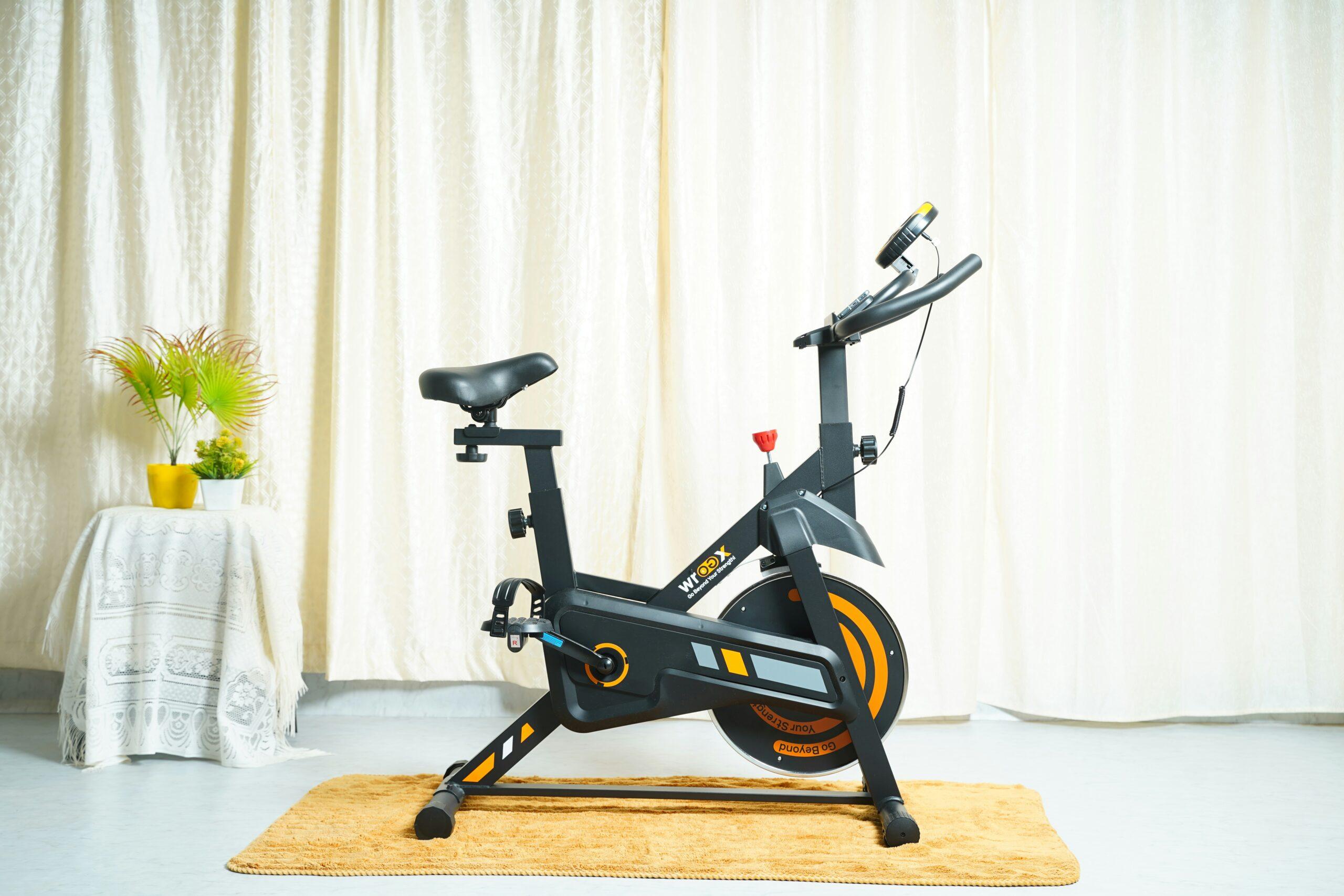Exercise plays an important role in promoting your heart health, and your overall wellbeing. In addition to your diet, regular exercise can significantly improve many aspects of your health and plays an important role in reducing your risk of health diseases, stroke and other conditions.
Improved Circulation
Exercise plays a crucial role in enhancing circulation throughout the body. When you engage in physical activity, your heart rate increases, allowing your heart to pump more blood efficiently. This improved blood flow means that oxygen and nutrients are delivered more effectively to your muscles and organs.
Regular exercise can lead to the development of new blood vessels, which further improve,
- Circulation
- Metabolic function
- Immune system health

Lower Blood Pressure
Having high blood pressure (hypertension) can significantly increase your risk of heart disease and stroke. However, including regular exercise in your routine can help lower blood pressure and reduce your risk of complications. Aerobic exercise, such as walking, running or cycling, can strengthen your heart muscles and improve your heart’s ability to pump blood throughout your body.
For the best impact on blood pressure, it’s recommended that you include at least 30 minutes of moderate intensity aerobic exercise at least 4 days per week.
Examples of Aerobic Exercise
- Walking (at a brisk pace)
- Swimming
- Cycling
- Running
- Rowing
Weight Management
Maintaining a healthy weight is essential for heart health. Exercise is a powerful tool for weight management, as it helps burn calories and build muscle mass. Engaging in a combination of aerobic exercises and strength training can help maximize calorie expenditure and increase your resting metabolic rate.
Remember, a gradual and sustainable approach to weight loss is more beneficial for your heart and overall health than extreme dieting and excessive exercise.
Ways to Promote Heart Health
Engage in at least 150 minutes of moderate-intensity aerobic exercise each week.
This can look like 30 minutes of brisk walking or cycling over 5 days, or 20 minutes daily. It can also include activities like dancing and swimming.
Include strength training exercises at least twice a week.
This can include lifting weights and can be paired with aerobic exercises.
Check your blood pressure at home.
Monitoring your blood pressure at home allows you to keep track of changes in your blood pressure.
You can pick up an at-home blood pressure monitor from your nearest pharmacy.
Add heart-healthy foods to your diet.
Adding foods rich in omega-3 fatty acids, fibre and antioxidants to your diet can help improve your blood pressure and reduce your risk of heart disease. Learn more about heart-healthy foods here.
Incorporate lifestyle changes.
Incorporating small lifestyle changes, such as taking the stairs instead of the elevator, can add more physical activity to your day and significantly improve measures of heart health, such as blood pressure.
Exercise Doesn’t Work Alone
Elevate your efforts with a personalized meal plan. Work with our team of Registered Dietitians and Nutritionists to develop a personalized meal plan dedicated to improving your heart health.
Book a FREE discovery call to get started!




